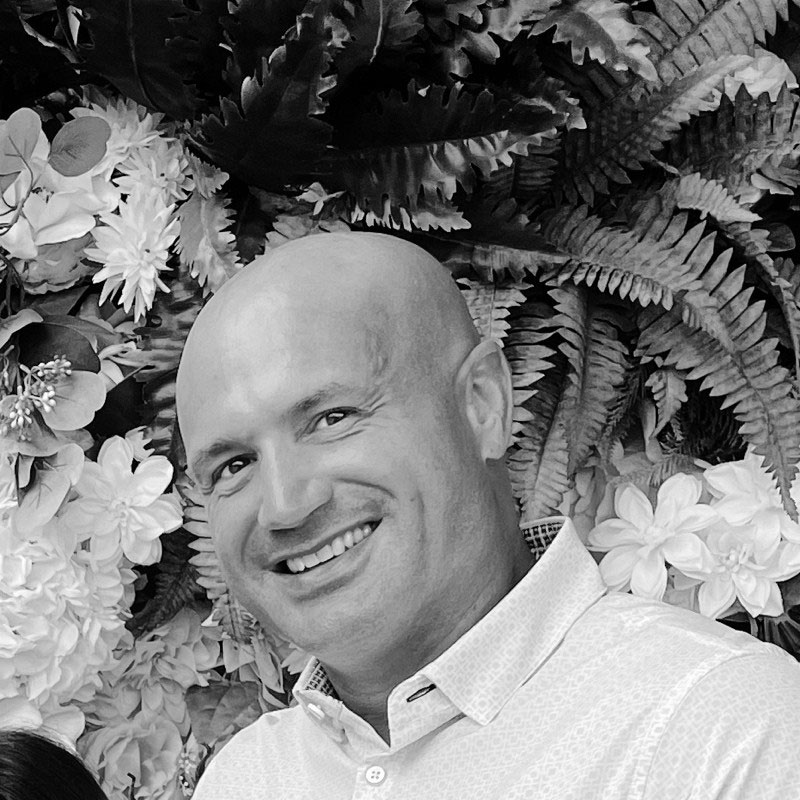In a video series released this week by BetterUp, a mental fitness coaching company, Prince Harry The Duke of Sussex interviews organizational psychologist, author and BetterUp board member Adam Grant on the importance of prioritizing mental health at work. Harry, who serves as BetterUp’s chief impact officer, speaks with Grant about workplace productivity and how to foster a “resilient workforce.”
“I cannot overstate the importance of a leader and manager saying I care more about your wellbeing than I do about your results,” Grant tells Harry in the interview.
When people feel they have the support to grapple with challenges, employees remain more empowered to deal with setbacks, Grant says. This ultimately leads to less turnover in the workplace.
“They are able to see the problems in front of them as opportunities for growth and change as opposed to threats to their success or wellbeing,” Grant continues in the video.
Courtesy of BetterUp
Launched in 2013, BetterUp aims to give people tools to stay mentally healthy. Cindy Goodrich, BetterUp’s chief marketing officer, says that well-being and performance are interconnected and sees productivity increase when people practice mental fitness, which she describes as “a proactive approach to mental health,” similar to how we go to the gym to maintain physical health.
“It’s really around this idea of a proactive practice that can ignite well-being, performance and growth,” Goodrich says. “Taking the time to pay more attention to your thoughts.”
Whether it be working with a coach, which BetterUp provides, or integrating wellness practices into your day—like journaling, meditating or even taking walking breaks—small daily changes make a difference and workplaces should take note. These practices can help people slow their racing thoughts, regulate their emotions and feel more gratitude. You may have to create boundaries to carve out time for setting goals, taking breaks and for reflecting on how you’re working toward your goals.
This series comes as people across industries are feeling what Adam Grant calls “languishing”—a sense of stagnation and emptiness, a feeling utterly different from burnout or depression, he writes in a New York Times article.
“It feels as if you’re muddling through your days, looking at your life through a foggy windshield,” Grant writes, describing the term as the “neglected middle child of mental health.”
A BetterUp survey found that about 55% of employees feel a sense of languishing, exacerbated by the additional stressors of the pandemic. Additional BetterUp research found that 69% of employees are not satisfied with the opportunities for connection in their workplace, with 52% wanting more connection at work.
“All of this speaks to how hard it is to thrive in our environments,” says Dr. Gabriella Kellerman, chief product officer at BetterUp. “We feel tremendous urgency, both for individuals and organizations, because folks who are languishing are at risk. It’s not just that they’re not at peak performance. They’re actually at risk for mental health conditions.”
The BetterUp survey found that when leaders make social connection an organizational priority they see higher performance, productivity, talent retention and more: a 34% increase in greater goal attainment, 59% more positive relationships, a 36% boost in well-being and a 92% increase in professional growth.
Grant and Harry speak about how crucial it is for leaders to implement practices to address the stress, languishing and burnout that’s overwhelming workplaces.
Also in the BetterUp series, Harry interviews two-time gold medalist Chloe Kim and BetterUp member Blu Mendoza.







































































